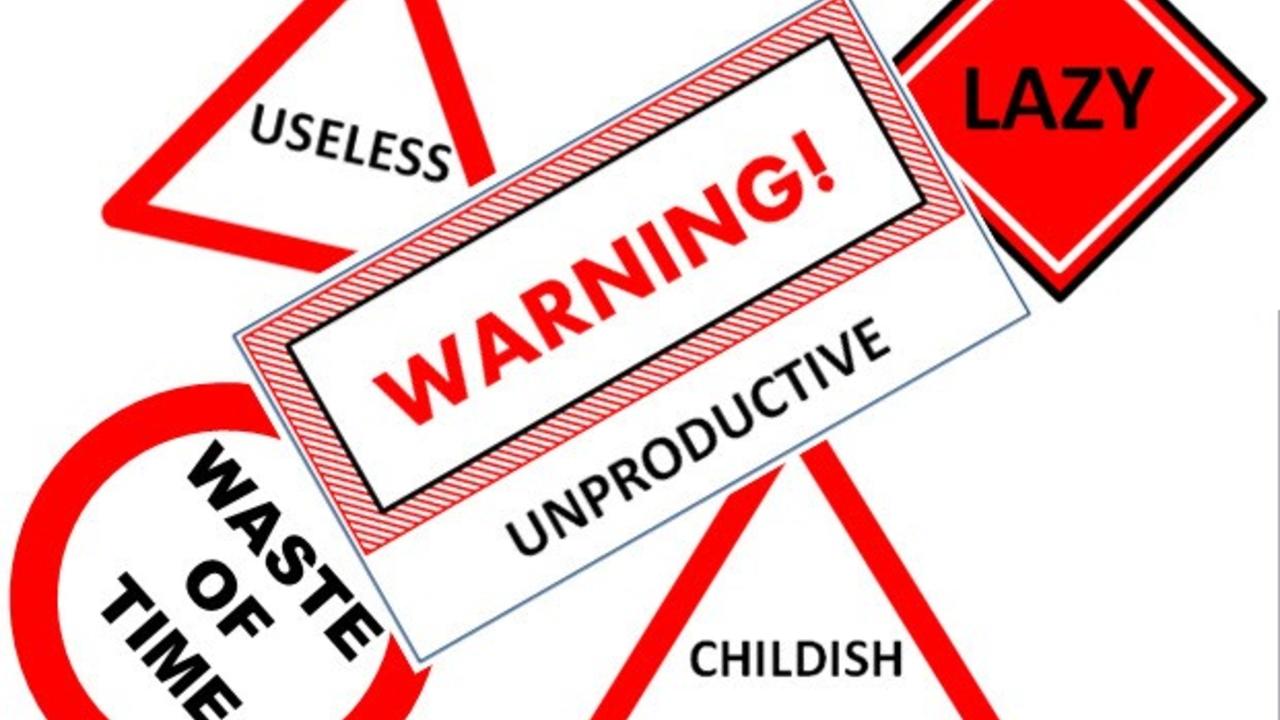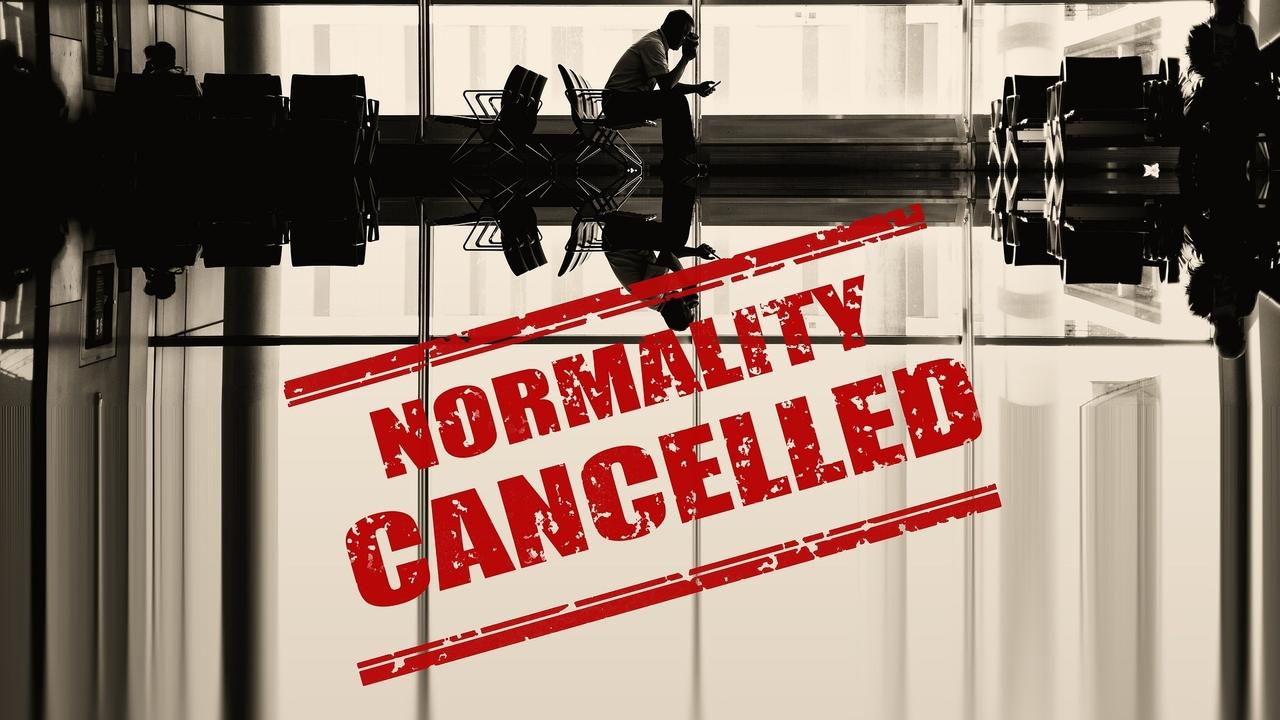Respect at Work: The Business Game-Changer You Didn't See Coming

By William F. Nazzaro, founder of The Time to Lead Institute, leadership expert, performance and executive coach, and trusted advisor to leaders navigating transformation and cultural change.
In the relentless hustle of business, productivity, and efficiency often steal the spotlight. But Christine Porath’s TED Talk, “Why being respectful to your coworkers is good for business,” flips the script. Porath, a professor at Georgetown University and a workplace civility guru, explains why respect and kindness aren’t just soft skills—they’re critical to business success.
Her evidence-backed insights challenge the usual corporate playbook and offer a fresh perspective on what it takes to build a thriving workplace. Let’s dive into the key points from her talk and see how respect can boost your bottom line.
The Hidden Costs of Being a Jerk
Porath kicks things off by laying bare the hidden costs of workplace incivility. Her research shows that disrespect leads to disengaged employees, lower p...
Wake Up, Leaders: Your Approach to Motivation is Backfiring

By William F. Nazzaro, founder of The Time to Lead Institute, leadership expert, performance and executive coach, and trusted advisor to leaders navigating transformation and cultural change.
Welcome to the jungle of corporate motivation, where the strongest survive and the weak...well, they just quit. So, let’s dive into the murky waters of motivation and leadership. Whether you’re an emerging leader finding your footing or an established leader looking to refine your approach, the harsh reality is that motivation is an inside job. You can’t inject it into your team like a caffeine shot on a Monday morning.
Motivation: The Myth of External Drive
Motivation is personal. It’s internal. You can’t package it up and hand it out with paychecks. This brings us to a brutally honest truth: You don’t motivate people. You hire motivated people. That might sound dismissive, but once you understand that motivation is not yours to give, it starts to make sense.
Creating the Right Environment: A...
No Title? No Problem: Why Real Leaders Don’t Need a Desk Plate

By William F. Nazzaro, founder of The Time to Lead Institute, leadership expert, performance and executive coach, and trusted advisor to leaders navigating transformation and cultural change.
The Illusion of Authority: The Position Myth
Often, emerging leaders believe that authority comes from a job title, thinking that a promotion will instantly command respect and compliance from their teams. This myth can be particularly damaging for newcomers who may feel powerless without a formal designation, hindering their ability to influence and lead effectively from the start. Conversely, established leaders might rely too heavily on their titles, potentially stunting their ability to lead and connect authentically with their teams.
Leadership is not derived from titles but from the actions and decisions one makes. True leadership means stepping beyond the confines of job descriptions to actively shape a positive, impactful environment.
The Misplaced Faith in Information: The Knowledge M...
Lead by Letting Go: Why Empowerment Wins Every Time

By William F. Nazzaro, founder of The Time to Lead Institute, leadership expert, performance and executive coach, and trusted advisor to leaders navigating transformation and cultural change.
In the dynamic world of leadership, mastering empowerment is essential for both new and seasoned leaders aiming to propel their teams to success. This article delves into the lessons from Bob Maksimchuk’s Concepts in Leadership sessions, examining how leaders at various career stages can utilize empowerment to boost team cohesion and drive organizational development.
Defining Empowerment in Modern Leadership
Empowerment in leadership transcends the mere delegation of tasks; it involves instilling confidence and authority in team members to make decisions and take action that aligns with the organization's goals. This process is crucial for nurturing a proactive workforce and cultivating an environment where innovation thrives.
Empowerment Strategies for Emerging Leaders
Emerging leaders often...
Challenging the Status Quo: A Radical Approach to Leadership in Times of Change

By William F. Nazzaro, founder of The Time to Lead Institute, leadership expert, performance and executive coach, and trusted advisor to leaders navigating transformation and cultural change.
In an age where the pace of change is not just fast but often disruptive, the traditional approaches to leadership must be called into question. Can the old guard’s strategies effectively guide us in the modern landscape, or is it time for a new breed of leaders to step up? The insights from Bob Maksimchuk’s Concepts in Leadership sessions prompt a critical examination of how emerging and established leaders navigate change.
The Psychology of Change: A Double-Edged Sword
While it’s widely recognized that we humans resist change due to the “status quo bias,” is this tendency merely a survival instinct, or has it become a convenient excuse for complacency in leadership? The protective instincts that once served as humanity’s lifeline now seem to hinder our progress and innovation. Leaders who cli...
Turn Off Your Autopilot and Embrace the Law of Intentionality

In an era where navigating through life on autopilot seems to be the default setting for many, the concept of intentional living offers a beacon of hope and direction. A recent exploration of John Maxwell’s Law of Intentionality underscores a profound truth: personal growth doesn’t just happen; it requires intention, focus, and deliberate action.
Breaking Free From Autopilot
For many of us, life seems to run on autopilot, with the assumption that experiences accumulated over time equate to genuine growth. This perception, however, is misleading. Growth is not a byproduct of merely existing but a purposeful endeavor that demands our conscious engagement and effort.
The Illusion of Automatic Growth
Exploring the reasons behind the lack of intentional growth, we encounter a range of justifications—from believing it’s not the right time to fears of change and failure. These barriers, though daunting, also highlight our intrinsic resistance to stepping beyond our comfort zones. Overcomi...
Understanding "The Law of the Lid" in Leadership

Few concepts are as pivotal yet often overlooked in leadership and personal development as "The Law of the Lid." This principle posits that an individual's leadership ability is the lid that determines their level of effectiveness and the height of their achievement. Essentially, how well you lead directly influences how much you can achieve.
At its core, "The Law of the Lid" serves as a metaphorical ceiling on our potential. No matter how ambitious or talented we are, our leadership capability caps our growth and the growth of our ventures. This concept, rooted in the belief that leadership can be developed, offers a pathway to breaking through our ceilings.
Why is this law so critical? Consider the direct correlation between leadership effectiveness and organizational success. Businesses, teams, and projects thrive under solid leadership, indicating that improving our leadership skills can profoundly impact our careers and the collective success of the entities we lead.
Howeve...
Will You Open the Gift?

On your desk you find a gift box. The box has a label on it. It says “Contents: Productivity, Creativity, Energy, Emotional Health, Stress Relief, Memory, Better Relationships, Trust”. Then you notice warning labels on the box. Emblazoned in red are labels that say: “Unproductive, Waste of Time, Childish, Frivolous, Lazy, Useless, Worthless”.
As you compare the labels, you find out that the warning labels were put on by your boss, your friends, and your family. Would you heed the red warning labels and return the gift unopened or would you open the gift and claim the contents?
If you opened the box, you would find inside a permission slip that says: “You have permission to play.”
“Play” is different for different people. Play is really a state of mind. It’s how you think about whatever activity you are doing that makes it “play” or not. Generally, all play is a voluntary experience, unstructured, and not necessarily for any specific goal (except fun).
The permission sli...
Appreciation Is Life
I was looking through one of my favorite classic books How to Win Friends & Influence People by Dale Carnegie. I was very fortunate to have had the opportunity to participate in the Dale Carnegie Program and then to be an Associate Instructor. But this time, when looking thorough the book again, I noticed that 3 of the 27 principles that Carnegie discusses all deal with giving appreciation.
I was surprised that I hadn’t noticed it before because two of my favorite quotes center on appreciation. One from Mother Teresa “There is more hunger for love and appreciation in this world than for bread.”
And the other from Robert Cavett “Three billion people on the face of the earth go to bed hungry every night, but four billion people go to bed every night hungry for a simple word of encouragement and recognition.”
Note that these two quotes put both food and appreciation on the same level of significance. Food is critical to life. Without food the body dies. Without appreciation for w...
Go Back to “Normal”?

Through this period of crisis, I have noticed a common thread among my clients and among the businesses that I interact with in my personal life. Even those people who are still working in demanding business environments are becoming aware of something.
Many are still working very hard to service their customers with reduced staff, reduced hours, social distancing, etc. Even while rushing around they often will pause, just for a short additional moment, to interact personally with their customers.
Many others are now working remotely; they are taking note of how their environment (working from home vs. in the office) is affecting them. They find it less stressful with fewer interruptions than they would typically experience, allowing them to focus and be more productive. And they are finding, when interacting virtually, their typically busy meetings are often beginning with a slower and more personal check-in about others’ well-being. And they like it.
Even with all the curren...

